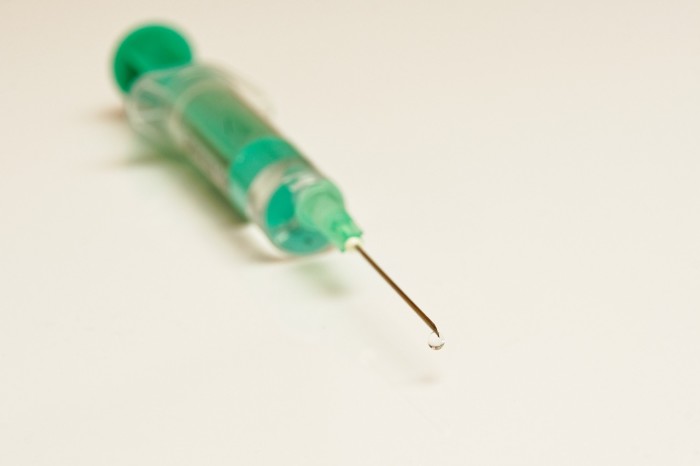Methadone, a synthetic opioid drug classified alongside heroin, morphine, and codeine, is commonly used to relieve pain. It is also used to treat the uncomfortable symptoms in those withdrawing from heroin and other narcotics. Unfortunately, methadone is an addictive drug in and of itself. When administered by a medical professional and taken as directed, methadone can help relieve drug withdrawal symptoms. On the other hand, when abused, methadone greatly increases the addict’s chances of serious side effects, including death. Because suddenly stopping methadone can have life threatening consequences, users should seek the help of a methadone treatment program for a safe, medically supervised detox. Methadone rehab centers on addressing the underlying issues that caused the addiction once the substance is safely removed from the user’s system. At The Ranch PA, our small, community-oriented methadone rehab uses several progressive therapeutic techniques that will help you or your loved one stop using drugs. Following our medically supervised detox, our supportive and well qualified therapists will design a customized road map to recovery that will help you determine why you started using drugs to begin with. You and your family will benefit from the strong bonds you’ll form in our community, and you’ll learn how to manage the stress of everyday life without drugs. Learn more about methadone and addiction here, and find out how The Ranch PA can help you find your lifelong path to recovery. The Short and Long Term Effects of Methadone Methadone, known on the street as dollies, ‘done, junk, jungle juice, fizzies, chocolate chip cookies, and more, is a highly addictive drug that causes physical dependency and slows breathing long after its pain relief properties subside; overdosing on methadone can cause death. Even when used as directed, methadone also impairs judgment, thought, reactions, and more. Those who combine using methadone with another drug or who take it with alcohol greatly increase their chances of overdosing. Signs of a methadone overdose include difficulty breathing and a weak pulse, dizziness and muscle spasms, low blood pressure, drowsiness, confusion, pinpoint pupils, cold and clammy skin, blue lips, fainting, seizures, and coma. Because medical ethics forbid studying the effects of long-term methadone use in healthy humans and studies of those who take the drug for other reasons usually encounter experiment control complications, little is known about the long-term effects of methadone abuse. Recent research from the Norwegian Institute of Public Health reports that methadone negatively affected the brains of rats and their intellectual functions, such as memory, attention, and learning capabilities, even after the methadone had been excreted. As a result, the researchers suspect that long-term methadone use may permanently change brain cells. Because methadone is habit-forming, those who are using should seek a medically supervised detox at a methadone treatment center immediately. Methadone Rehab at The Ranch PA Because methadone users depend on the drug as much as they did on their original addiction to heroin or another narcotic, quitting makes getting help from a respected rehab for methadone addiction essential. Symptoms of methadone withdrawal include excessive perspiration, fever, cramping and nausea, muscle pain, tremors, dilated pupils, and irritability. A medical detox and methadone rehab center can help relieve these uncomfortable and sometimes life-threatening symptoms. For more information on methadone addiction and to find out how The Ranch PA can help you or your loved one recover from substance abuse, please call us now at 1-877-548-4794. Photo via

